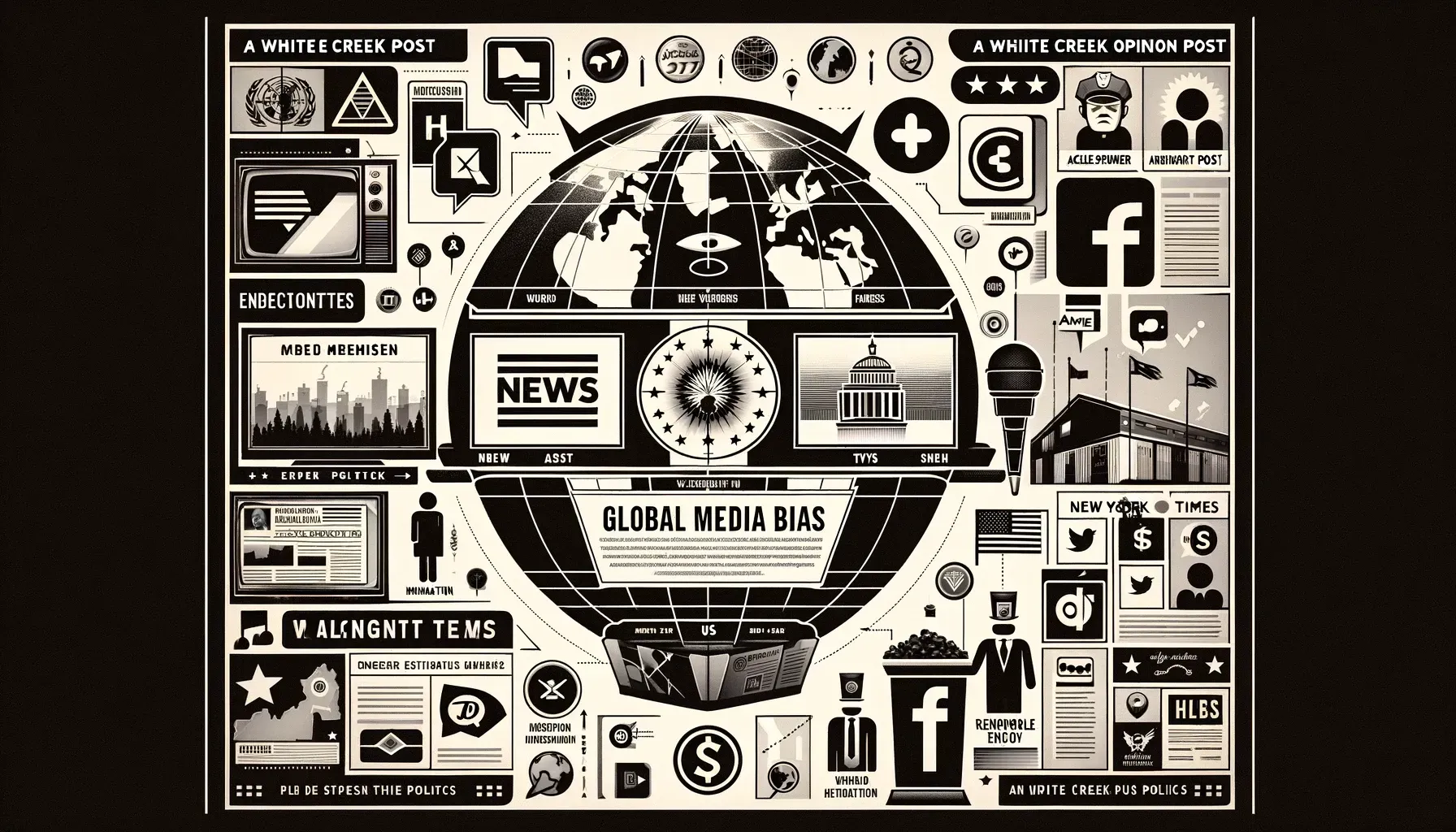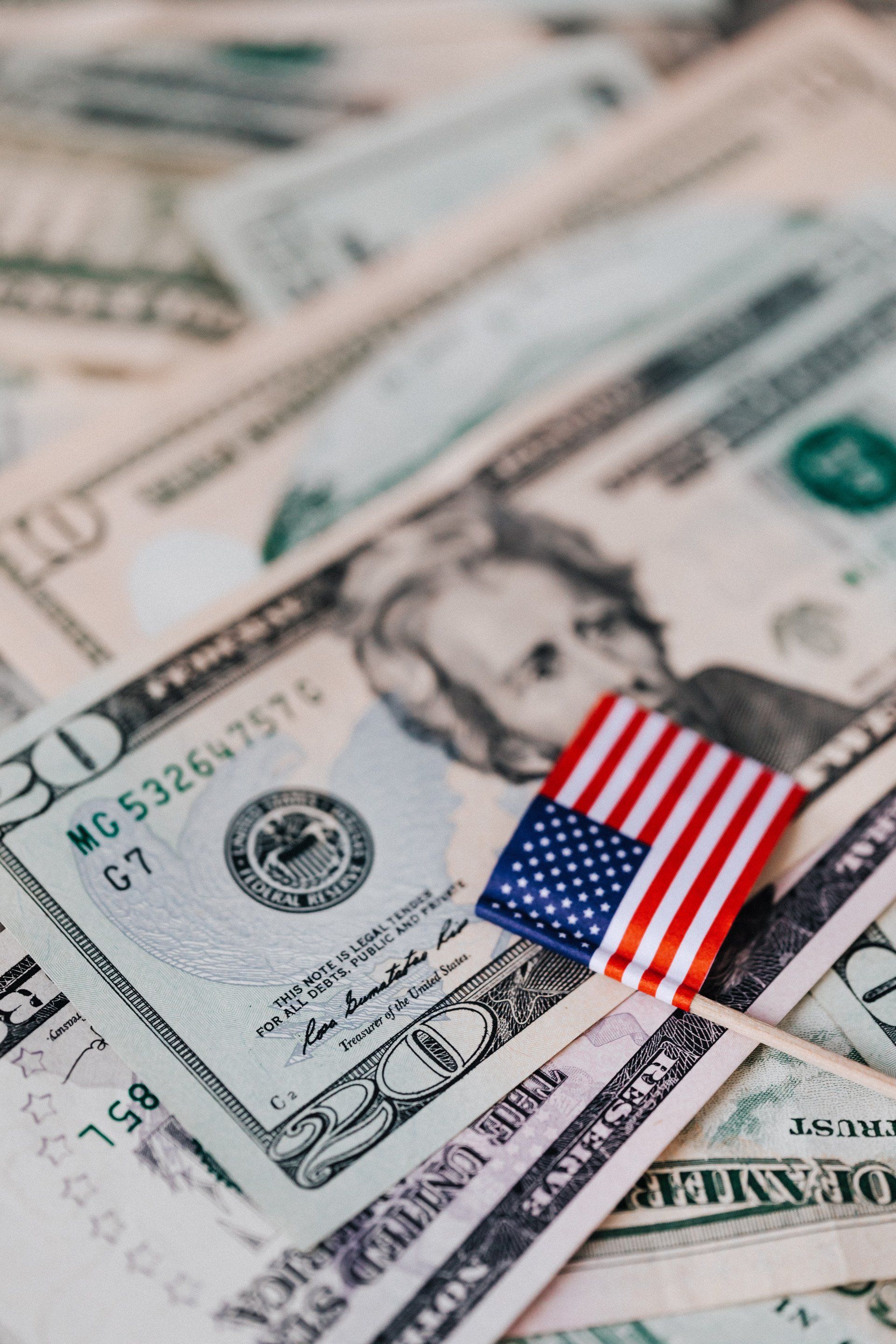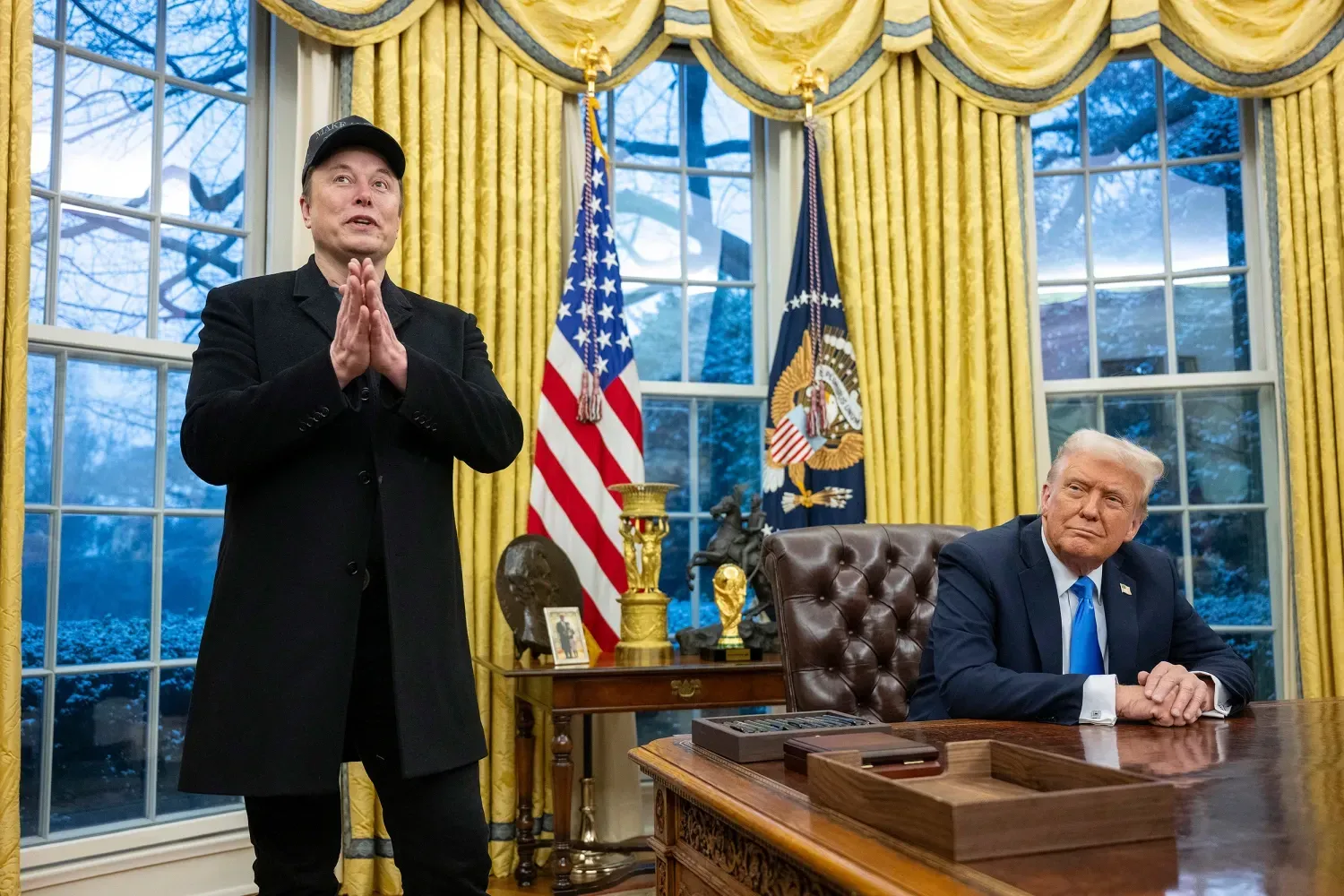Economics – March: Global Economy Overview
Credit Suisse, like other failed banks, has not faced any investigation into its management. Major investors and management have been compensated, while small investors and thousands of employees lose everything. The winners in this situation are the US, who intervened and forced the UBS-CS deal in its global dictatorship. This can be seen through the Russia sanctions and interference in Swiss neutrality via its ambassador. Instead of negotiating, does the US also play economics through wars? The other winner is for you to decide: democracy?
When we consider the two major players in the world and look at their populations, is it really wise to think that military might can resolve everything? In the 1980s and 1990s, not outsourcing to China was almost considered a crime. This was led by the government, big advisors, and multinational companies. Perhaps it was thought that small and midsize businesses could be minimized to have control by big corporations? Was it political or economic? With the chip investments and infrastructure bill in today's world, it looks more political than ever.
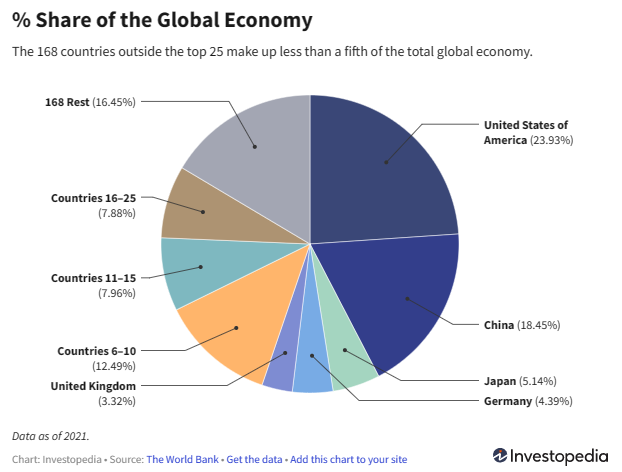
If we examine the associations and influence in the world, we can see that China has already become the largest economy. Meanwhile, the US, in the definition of democracy, has been fighting wars all over the world, losing trust and allies. In contrast, China has been quietly building alliances. Power and coercion, words not synonymous with peace and democracy, best describe US behavior, led by a President whose negotiation tactics throughout his life have looked more like a bully's textbook.
Is it symptomatic that Britain, the economic powerhouse of early industrialization, and the US are the two closest allies on the global stage today? Is the US using colonial tactics to maintain power? Let's look at the graphic and decide. Let's balance the import/export and talk about it then.
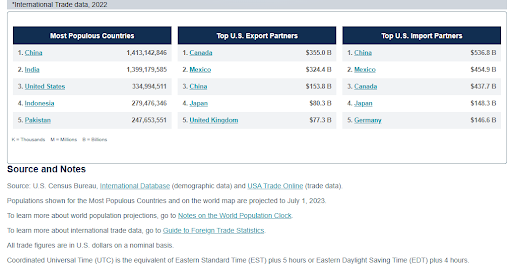
This brings us to the topic of educational economics. While the government and the elites preach that every child is entitled to a college degree, and we have a lawyer for every car, jobs that actually build the economy and maintain your house are still stigmatized and considered second class. Have you ever wondered what the elites' long-term prospects are in this situation?
Take a look at the burden of debt. What do you think will happen to your money if the US defaults?
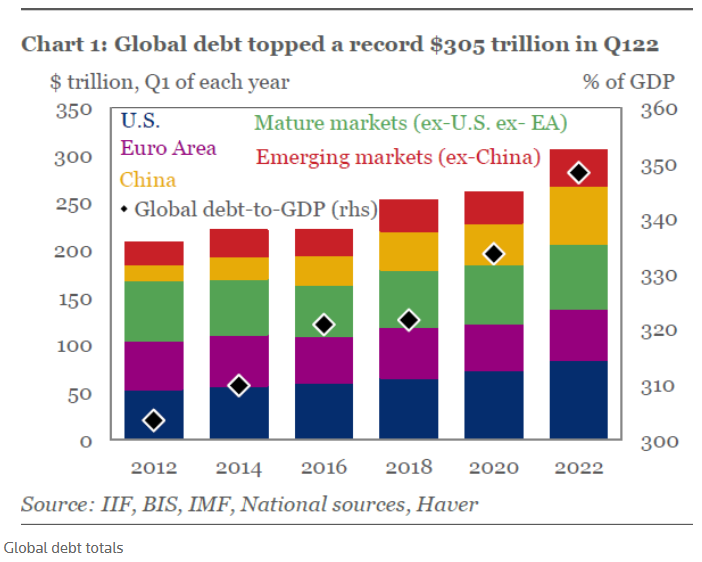
The United States with the highest global national debt of $23.2 trillion has a $70,180 debt per person. On the other hand, China with a population of about 1.4 billion debt per citizen is over 15 times lower than Japan’s, and over 11 times lower than the United States. Each Chinese national owes $5,866.

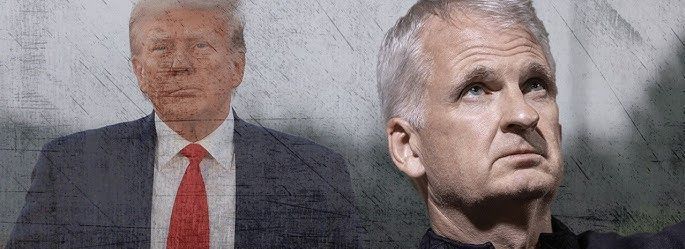

Sign Up For Our Newsletter
We will get back to you as soon as possible
Please try again later


